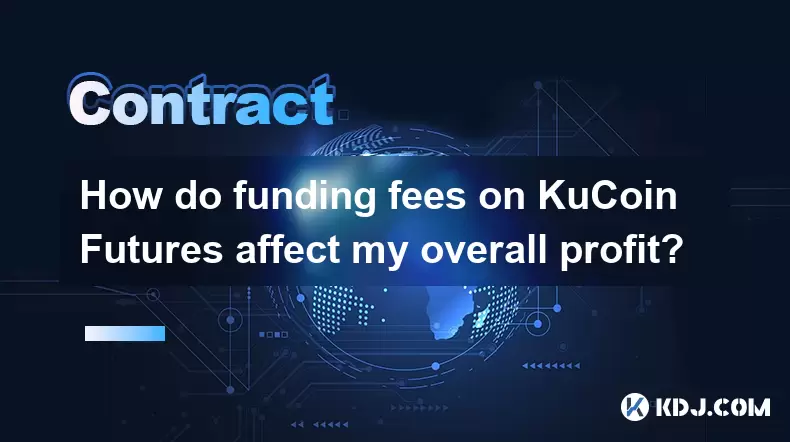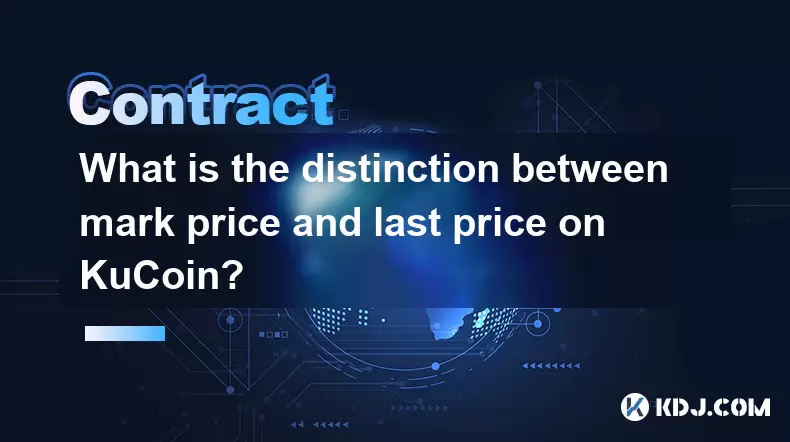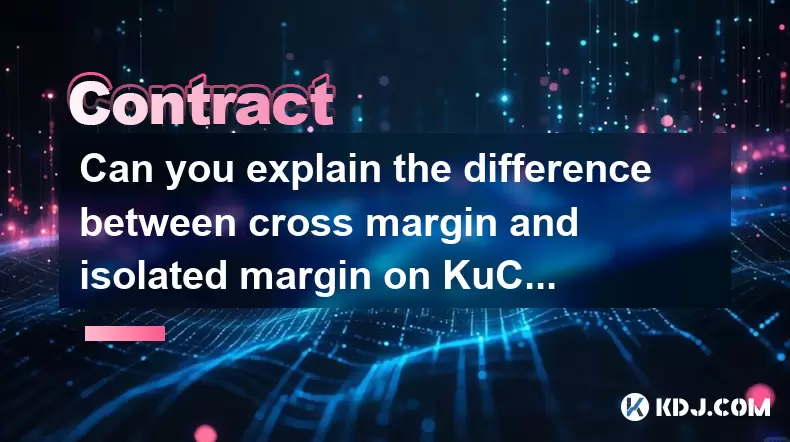-
 Bitcoin
Bitcoin $116400
-0.36% -
 Ethereum
Ethereum $4033
3.40% -
 XRP
XRP $3.302
-1.26% -
 Tether USDt
Tether USDt $1.000
-0.02% -
 BNB
BNB $796.1
1.67% -
 Solana
Solana $177.8
1.89% -
 USDC
USDC $0.9999
0.00% -
 Dogecoin
Dogecoin $0.2314
4.09% -
 TRON
TRON $0.3381
0.14% -
 Cardano
Cardano $0.7989
1.22% -
 Stellar
Stellar $0.4496
-1.84% -
 Chainlink
Chainlink $20.42
9.42% -
 Hyperliquid
Hyperliquid $41.17
0.88% -
 Sui
Sui $3.914
3.77% -
 Bitcoin Cash
Bitcoin Cash $584.7
1.52% -
 Hedera
Hedera $0.2632
-0.54% -
 Avalanche
Avalanche $24.09
3.40% -
 Ethena USDe
Ethena USDe $1.001
-0.02% -
 Litecoin
Litecoin $123.2
1.33% -
 Toncoin
Toncoin $3.318
-0.04% -
 UNUS SED LEO
UNUS SED LEO $8.984
-0.05% -
 Shiba Inu
Shiba Inu $0.00001323
2.85% -
 Uniswap
Uniswap $10.90
4.41% -
 Polkadot
Polkadot $3.999
3.34% -
 Dai
Dai $1.000
0.01% -
 Cronos
Cronos $0.1630
9.64% -
 Bitget Token
Bitget Token $4.484
0.82% -
 Monero
Monero $272.4
2.44% -
 Pepe
Pepe $0.00001173
6.03% -
 Aave
Aave $290.8
2.88%
How to open an account for Bitcoin contracts?
Secure Bitcoin contract trading starts with choosing a reputable exchange, completing KYC verification, and understanding leverage & margin. Master the trading interface, enable 2FA, and always prioritize risk management.
Mar 18, 2025 at 06:43 am

Key Points:
- Choosing a reputable cryptocurrency exchange is crucial for secure Bitcoin contract trading.
- Account creation typically involves providing personal information and verifying identity (KYC).
- Understanding leverage and margin requirements is vital to manage risk effectively.
- Familiarizing yourself with the trading interface and order types is essential before live trading.
- Security measures like two-factor authentication (2FA) are paramount to protect your account.
How to Open an Account for Bitcoin Contracts?
Trading Bitcoin contracts requires accessing a platform that offers such services. These are typically cryptocurrency exchanges. The first step is to carefully research and select a reputable exchange with a robust security track record and a user-friendly interface. Factors to consider include trading fees, available leverage, and the platform's regulatory compliance. Choosing a poorly-regulated or insecure exchange can expose your funds to significant risk.
Once you've chosen an exchange, you'll need to create an account. This usually involves providing personal information such as your name, email address, and potentially your phone number. Many exchanges require Know Your Customer (KYC) verification, meaning you'll need to provide identification documents like a passport or driver's license to comply with anti-money laundering (AML) regulations. This verification process can take some time, depending on the exchange's policies.
Before you start trading Bitcoin contracts, it's crucial to understand leverage and margin. Leverage allows you to control a larger position with a smaller amount of capital, magnifying both profits and losses. Margin is the amount of collateral you need to maintain your position. Understanding these concepts and managing your risk appropriately is crucial to prevent significant financial losses. Exchanges typically provide educational resources to help you understand these concepts.
Familiarizing yourself with the exchange's trading interface is essential. Different platforms have different interfaces and functionalities. Learn how to place orders, manage your positions, and understand the various order types available, such as market orders, limit orders, and stop-loss orders. Practicing on a demo account, if offered, is highly recommended before committing real funds. This allows you to get comfortable with the platform and test your trading strategies without risking your capital.
Security is paramount when dealing with cryptocurrency. Enable two-factor authentication (2FA) on your account. This adds an extra layer of security, requiring a second verification code in addition to your password to access your account. Strong passwords are also essential. Avoid using easily guessable passwords and consider using a password manager to help you create and manage complex passwords securely. Regularly review your account activity for any suspicious transactions.
Beyond the initial account setup, maintaining the security of your Bitcoin contracts account requires ongoing vigilance. Be wary of phishing scams, which often try to trick users into revealing their login credentials. Never share your private keys or seed phrases with anyone. These are crucial for accessing your funds and compromising them could lead to irreversible losses. Keep your software updated and be cautious of clicking on suspicious links.
Many exchanges offer different types of Bitcoin contracts, including perpetual contracts and futures contracts. Perpetual contracts don't have an expiry date, while futures contracts have a specific expiry date. Understanding the differences between these contract types is essential for choosing the appropriate trading strategy. Each contract type carries its own set of risks and rewards, so careful consideration is necessary before entering any position.
After setting up your account and understanding the risks, you're ready to start trading Bitcoin contracts. However, remember that cryptocurrency markets are highly volatile, and trading contracts involves significant risk. It's essential to only trade with capital you can afford to lose and to develop a well-defined trading strategy based on your risk tolerance and market analysis. Avoid impulsive trading decisions based on emotions or market hype.
Remember to regularly review your trading performance and adjust your strategy as needed. The cryptocurrency market is constantly evolving, and what worked in the past may not work in the future. Staying informed about market trends and technological developments is crucial for successful long-term trading. Continuous learning and adaptation are key to navigating the complexities of Bitcoin contract trading.
Frequently Asked Questions:
Q: What are the risks associated with Bitcoin contracts trading?
A: Bitcoin contracts trading carries significant risks, including the potential for substantial financial losses due to market volatility, leverage, and unforeseen events. The highly leveraged nature of contracts magnifies both profits and losses.
Q: How do I choose a reputable Bitcoin contract exchange?
A: Look for exchanges with a strong track record, robust security measures, transparent fee structures, and a user-friendly interface. Consider factors like regulatory compliance, trading volume, and available customer support.
Q: What is KYC verification, and why is it necessary?
A: KYC (Know Your Customer) is a regulatory requirement designed to prevent money laundering and other financial crimes. It involves verifying your identity through documentation such as a passport or driver's license.
Q: What is leverage, and how does it work in Bitcoin contracts trading?
A: Leverage allows you to control a larger position with a smaller amount of capital. While it magnifies potential profits, it also significantly increases the risk of losses. Understanding and managing leverage is critical.
Q: What are the different types of Bitcoin contracts available?
A: Common types include perpetual contracts (no expiry date) and futures contracts (specific expiry date). Each has different characteristics and risk profiles.
Disclaimer:info@kdj.com
The information provided is not trading advice. kdj.com does not assume any responsibility for any investments made based on the information provided in this article. Cryptocurrencies are highly volatile and it is highly recommended that you invest with caution after thorough research!
If you believe that the content used on this website infringes your copyright, please contact us immediately (info@kdj.com) and we will delete it promptly.
- Moat Stocks & Mega-Cap Momentum: July's Standout Performance
- 2025-08-09 12:30:12
- Injective (INJ) Eyes $15.39 Breakout Amidst Explosive Network Growth
- 2025-08-09 12:30:12
- Ripple vs. SEC: XRP Price Soars as Legal Battles End, But Can It Outpace Rising Competitors?
- 2025-08-09 13:10:12
- DWP Management, XRP, and Digital Asset Funds: A New Era for Institutional Investment?
- 2025-08-09 13:30:12
- Pi Network's KYB Verification: A Leap Towards Sustainable Token Launch
- 2025-08-09 13:30:12
- Bitcoin, Dollar Alternative, and Institutional Adoption: A New Era?
- 2025-08-09 13:35:12
Related knowledge

What is the difference between realized and unrealized PNL on KuCoin?
Aug 09,2025 at 01:49am
Understanding Realized and Unrealized PNL on KuCoinWhen trading on KuCoin, especially in futures and perpetual contracts, understanding the distinctio...

How does KuCoin Futures compare against Binance Futures in terms of features?
Aug 09,2025 at 03:22am
Trading Interface and User ExperienceThe trading interface is a critical component when comparing KuCoin Futures and Binance Futures, as it directly i...

How do funding fees on KuCoin Futures affect my overall profit?
Aug 09,2025 at 08:22am
Understanding Funding Fees on KuCoin FuturesFunding fees on KuCoin Futures are periodic payments exchanged between long and short position holders to ...

What is the distinction between mark price and last price on KuCoin?
Aug 08,2025 at 01:58pm
Understanding the Basics of Price in Cryptocurrency TradingIn cryptocurrency exchanges like KuCoin, two key price indicators frequently appear on trad...

What are the specific maker and taker fees on KuCoin Futures?
Aug 08,2025 at 08:28am
Understanding Maker and Taker Fees on KuCoin FuturesWhen trading on KuCoin Futures, users encounter two primary types of fees: maker fees and taker fe...

Can you explain the difference between cross margin and isolated margin on KuCoin?
Aug 09,2025 at 02:57am
Understanding Margin Trading on KuCoinMargin trading on KuCoin allows traders to borrow funds to increase their trading position beyond their actual c...

What is the difference between realized and unrealized PNL on KuCoin?
Aug 09,2025 at 01:49am
Understanding Realized and Unrealized PNL on KuCoinWhen trading on KuCoin, especially in futures and perpetual contracts, understanding the distinctio...

How does KuCoin Futures compare against Binance Futures in terms of features?
Aug 09,2025 at 03:22am
Trading Interface and User ExperienceThe trading interface is a critical component when comparing KuCoin Futures and Binance Futures, as it directly i...

How do funding fees on KuCoin Futures affect my overall profit?
Aug 09,2025 at 08:22am
Understanding Funding Fees on KuCoin FuturesFunding fees on KuCoin Futures are periodic payments exchanged between long and short position holders to ...

What is the distinction between mark price and last price on KuCoin?
Aug 08,2025 at 01:58pm
Understanding the Basics of Price in Cryptocurrency TradingIn cryptocurrency exchanges like KuCoin, two key price indicators frequently appear on trad...

What are the specific maker and taker fees on KuCoin Futures?
Aug 08,2025 at 08:28am
Understanding Maker and Taker Fees on KuCoin FuturesWhen trading on KuCoin Futures, users encounter two primary types of fees: maker fees and taker fe...

Can you explain the difference between cross margin and isolated margin on KuCoin?
Aug 09,2025 at 02:57am
Understanding Margin Trading on KuCoinMargin trading on KuCoin allows traders to borrow funds to increase their trading position beyond their actual c...
See all articles

























































































